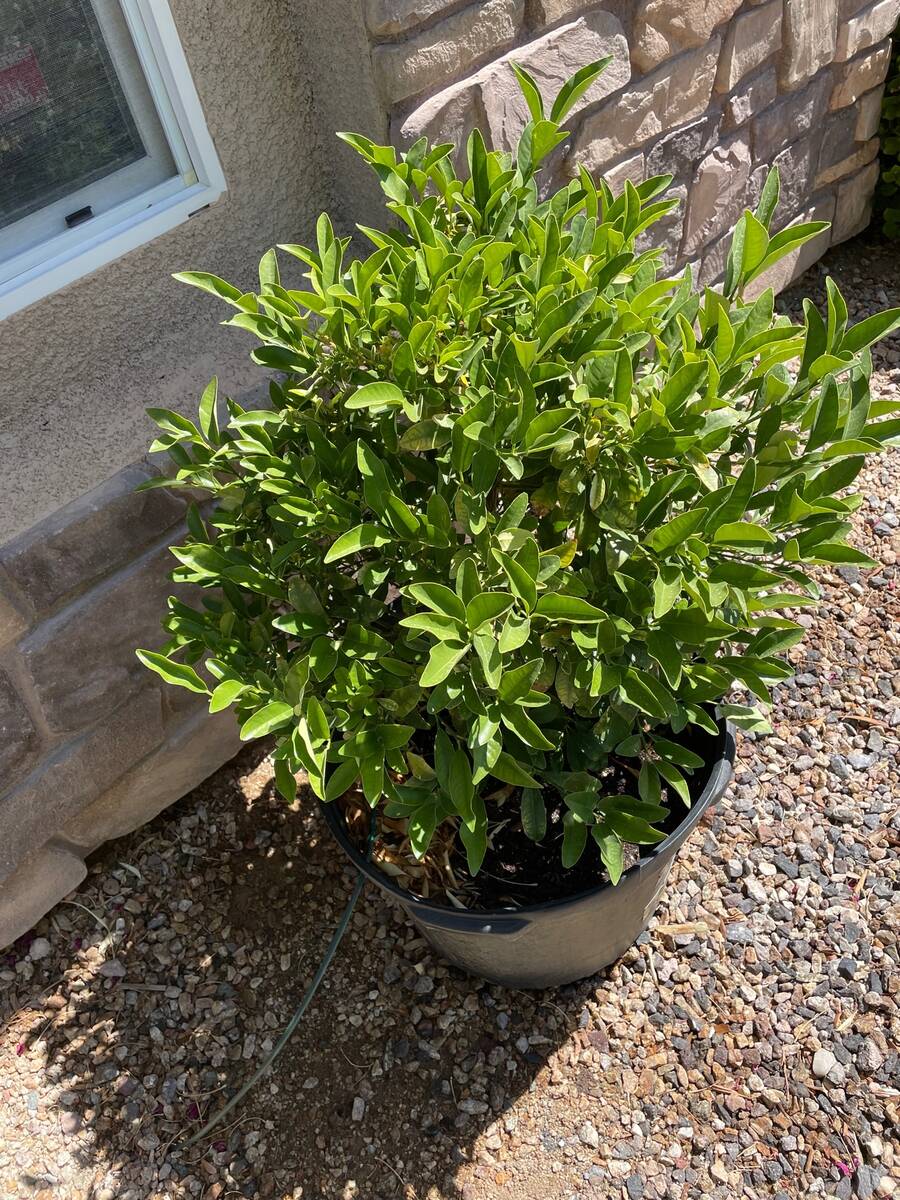EDDHA is a white, water-soluble powder that is used to remove harmful metal ions from a variety of different sources. It is particularly effective at chelating iron, manganese, and zinc ions, making it an ideal compound for use in agriculture, horticulture, and environmental remediation.

One of the key benefits of EDDHA is its hexadentate ligand structure, which allows it to bind six metal ions at once. This makes it significantly more effective than other chelating agents, which typically only have four or five binding sites.
EDDHA also has a unique chemical structure that sets it apart from other related compounds. Unlike other aminopolycarboxylic acid chelating agents, EDDHA features both primary and secondary amines, as well as phenolate groups. This unique combination of chemical features makes EDDHA more effective at chelating metal ions and prevents it from reacting with other compounds in the environment.
The effectiveness of EDDHA as a chelating agent has been demonstrated in a number of different studies. One study, for example, found that EDDHA was particularly effective at chelating iron in soil, improving the availability of iron for plant growth. Another study demonstrated that EDDHA was effective at removing heavy metals such as lead and cadmium from contaminated soil.
Overall, EDDHA is a powerful and effective chelating agent that is becoming increasingly popular due to its superior performance compared to other related compounds. With its unique chemical structure and ability to bind six metal ions at once, EDDHA is an ideal choice for removing harmful metal ions from a wide variety of different sources.